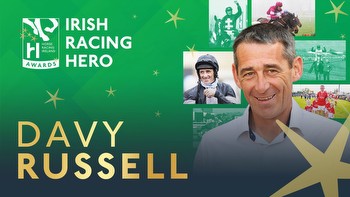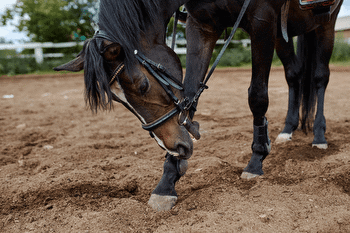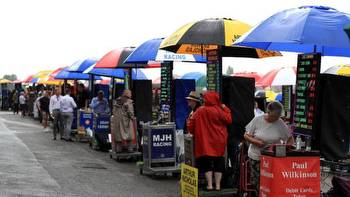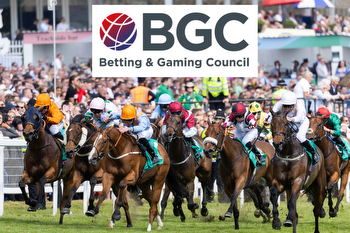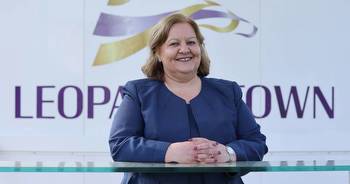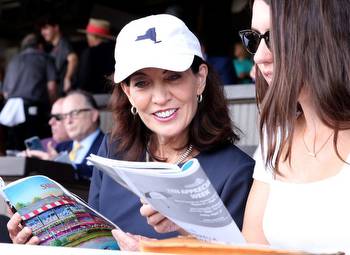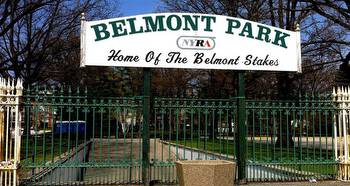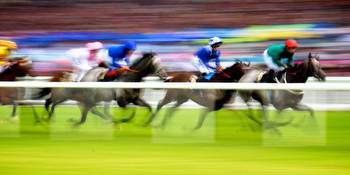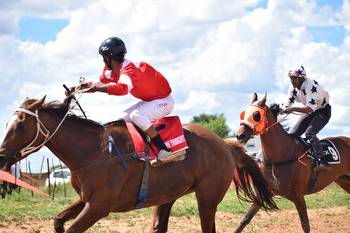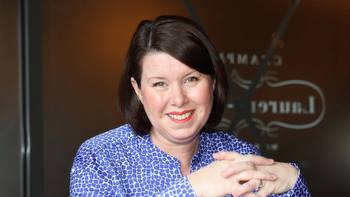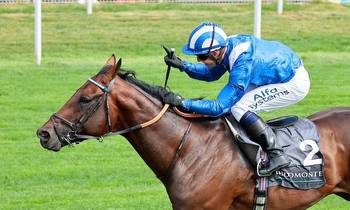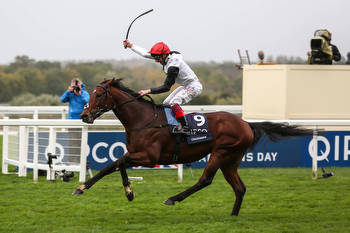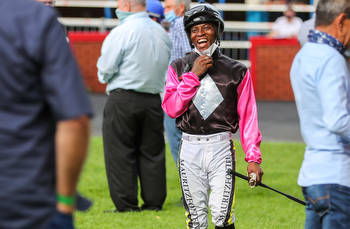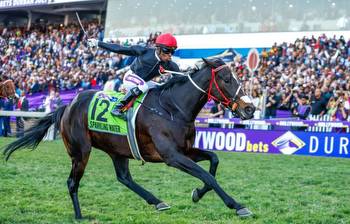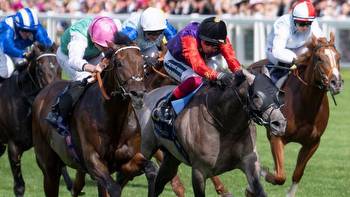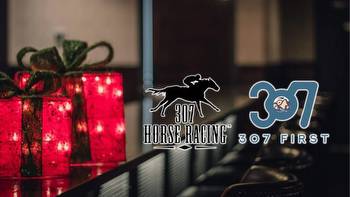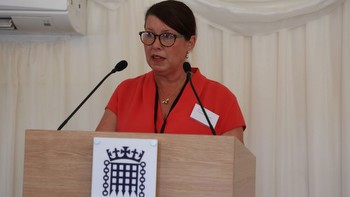Caroline Nokes: Horseracing is a vital industry for rural communities, and new gambling regulation must reflect that
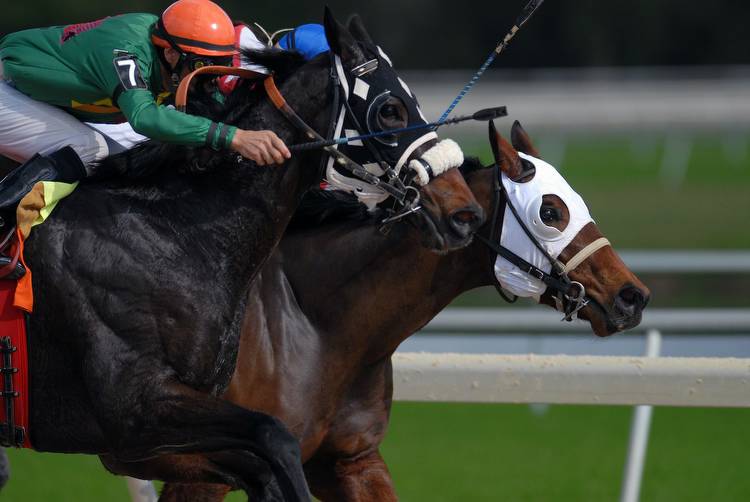
Caroline Nokes is Member of Parliament for Romsey and Southampton North and Chair of the Women and Equalities Committee
From stablehands to the responsible punter having a weekend bet, horseracing and the local economy it supports, is an important part of rural life.
With Cheltenham upon us, and the Aintree Grand National not far behind, there will be talk in the yards, paddocks, pubs, and coffee shops in my constituency, as in hundreds of similar local communities around the country, about who they’ll be backing in the big races.
Horse racing is often referred to as “the sport of Kings”. But with over five million people visiting British racecourses every year, it is in truth the nation’s second largest spectator sport – and with audiences being 40 per cent women it is a sport for everyone.
The top-hat-and-tails image of Royal Ascot may be the stereotype, but I think more of rain and mud, and heroic horses thundering past on heavier ground over the jumps. The style at Cheltenham is much more Peaky Blinders than garden party, and for the vast majority of attendees it is a day out in the fresh air.
In rural constituencies like mine you cannot help but notice the impact of equestrian sport on the local environment and economy.
People may not think often of racing in Hampshire (you have to go up the road to Salisbury or Newbury to find the closest courses) but we have some rich history: Norman Court Stud in West Tytherley breeding winners since 1921; the atmospheric photographs and remnants of Stockbridge Racecourse.
I agree with the Prime Minister when he recently sent his message of support to the Thoroughbred Industry Employee Awards hailing British racing as “an industry which does so much for communities across our country.”
Horseracing generates £4.1 billion annually and supports over 85,000 jobs. Those jobs are varied and in rural areas can provide a real life blood to the economy. It is not just the lads and lasses riding out (and mucking out) but the farriers, vets, feed suppliers, transport companies, and more.
Not forgetting racecourses themselves, whose contribution is made not just on race days. Think conferences, Christmas parties, concerts, weddings – all requiring catering and support staff, providing work for transport companies, and filling local accommodation.
Salisbury Racecourse, the closest course to home, hosts numerous community events, including the monthly “talk and walk” for those of us going through the menopause – an informal coffee morning and chance to get out and walk round the course in the fresh air, providing real support and a tangible physical benefit.
Events like that are not uncommon, but are largely unseen, with an assumption that racing is very male and very elitist, which it simply isn’t.
This economic and social ecosystem is of great value to local communities like mine and needs to be kept alive and well.
Any threat to horseracing poses a threat to all of this – and we are being told that there is such a threat to horseracing from proposals to be included in the imminent Gambling Review White Paper.
This is because of the symbiotic relationship between the health of horseracing and the support and funding from the betting industry which in itself supports 110,000 jobs and generates £7.1 billion for the economy.
This is an interconnected world. Where racing suffers, so would rural communities whose local economies are tethered to this national pastime.
So we politicians need to listen carefully to the concerns being raised by racing, whether on the pages of the Racing Post or the campaign by Racing TV, about which a number of my constituents have contacted me.
Their concern is the threat of so-called affordability checks which request personal financial details such as bank statements or payslips in order to place a bet.
I am very clear that Parliament and good regulation must protect the vulnerable and absolutely support that. But I equally want to see the vast majority who bet safely and happily to continue to be able to do so without such intrusion.
So it is important that the White Paper strikes the right balance. With a new Secretary of State in Lucy Frazer, who also happens to represent a rural constituency with deep racing connections (including part of Newmarket and the National Stud), I am confident it will.


